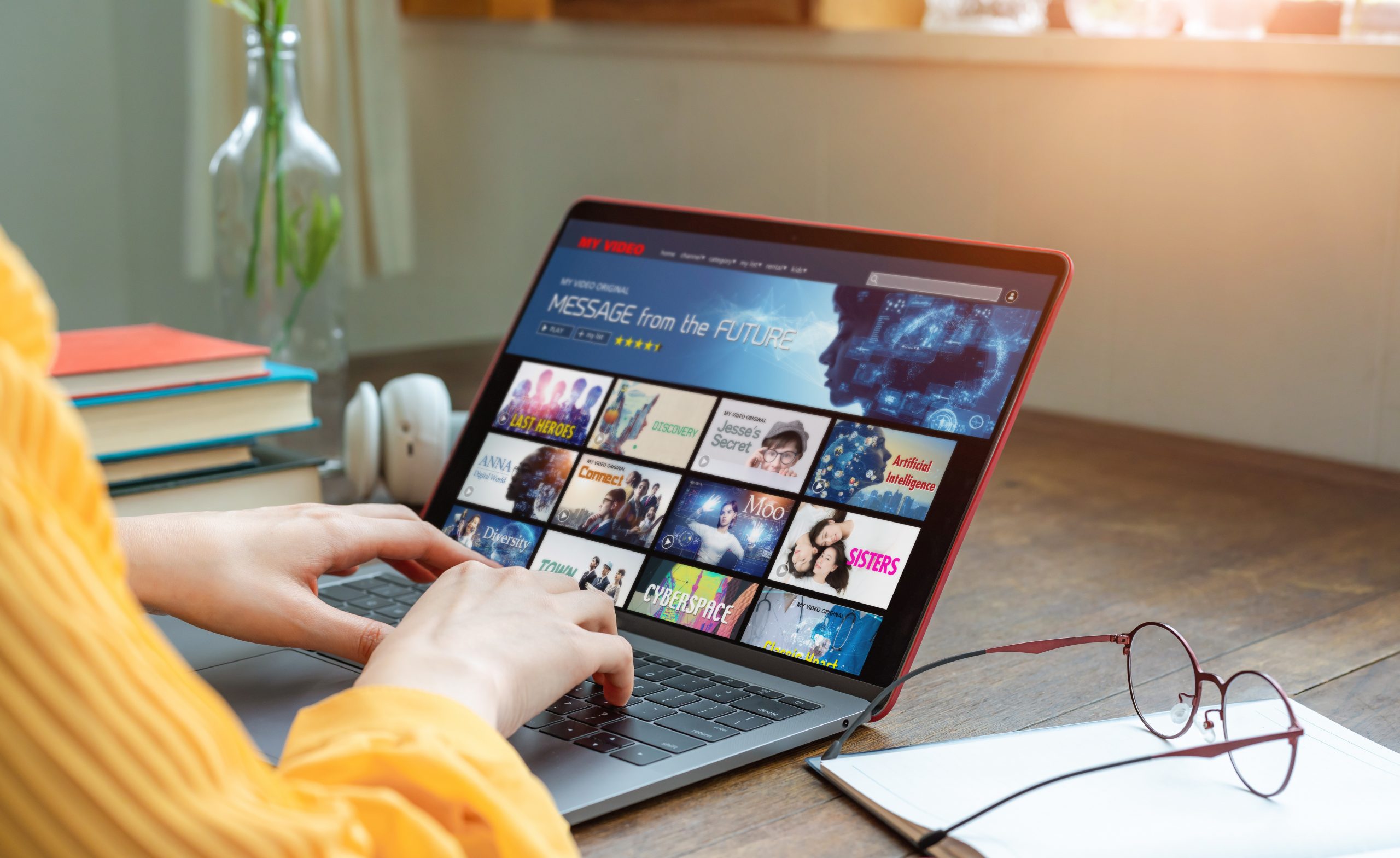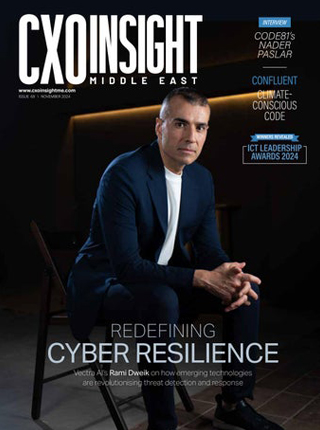Kaspersky’s More Connected Than Ever Before: How We Build Our Digital Comfort Zones report has found that 65% of respondents in the UAE feel comfortable sharing streaming services with their housemates. However, a third (30%) are unsure about the safety of their accounts because they do not know about their housemates’ digital habits.
COVID-19 related restrictions and the necessity to stay indoors has influenced the way people approach digital services, making them more aware of how securely both they, and their housemates, use the internet. This can include deciding to use the same accounts for entertainment platforms across the entire household or discovering more about each other’s online behaviour.
With this in mind, the research found that online services can bring people together and they are willing to share personal account information in order to offer mutual access to their housemates. In addition (65%) share access to streaming platforms, (41%) say they share their online retail services, such as eBay or Amazon Prime, with their households. Additionally, 35% admit to sharing their food delivery accounts, like Deliveroo, and their online gaming subscriptions (e.g. Xbox Live).
However, at the same time, not all respondents are sure how safe their housemates are when using the internet, and if this will impact their digital habits. For instance, (56%)claimed that they are concerned about increased online activity through streaming services or gaming. One-in-four (24%) people are anxious that their housemates’ digital habits will affect internet speeds and thus influence their online gaming performance.
“Living in shared accommodation is common in modern life and many households have to share their internet connection and access to various services. We often build friendships with our housemates, making it easy to share online services, so everyone can benefit without hassle. Unfortunately, if we don’t pay attention to how we share our personal details, even with our own housemates, the more likely it is for them to be discovered by people or groups we do not trust. To help make sure this does not happen, some services have specific policies in place to help multiple people use a single subscription without needing to share passwords. Whether you live with others or not, we would always recommend that you keep your devices and credentials protected with strong cybersecurity solutions to make sure your information remains safe,” said Andrew Winton, Vice President, Marketing at Kaspersky.
Kaspersky offers the following advice to people who live in shared houses or apartments, to help them keep their devices protected:
- Do not click on links shared via unsolicited or suspicious emails. First, check if senders are authentic by seeing if you can visit an official website
- Do not share personal information or permit access to your accounts with third parties unless it is completely necessary. This will minimise the chances of it being found on the internet
- Use a robust security solution like Kaspersky Password Manager to generate and secure unique passwords for every account, and resist the temptation to reuse the same one over and over again
- Install a reliable security solution like Kaspersky Total Security Its Account Check feature protects your account details and notifies you if any of your personal data becomes compromised










Discussion about this post